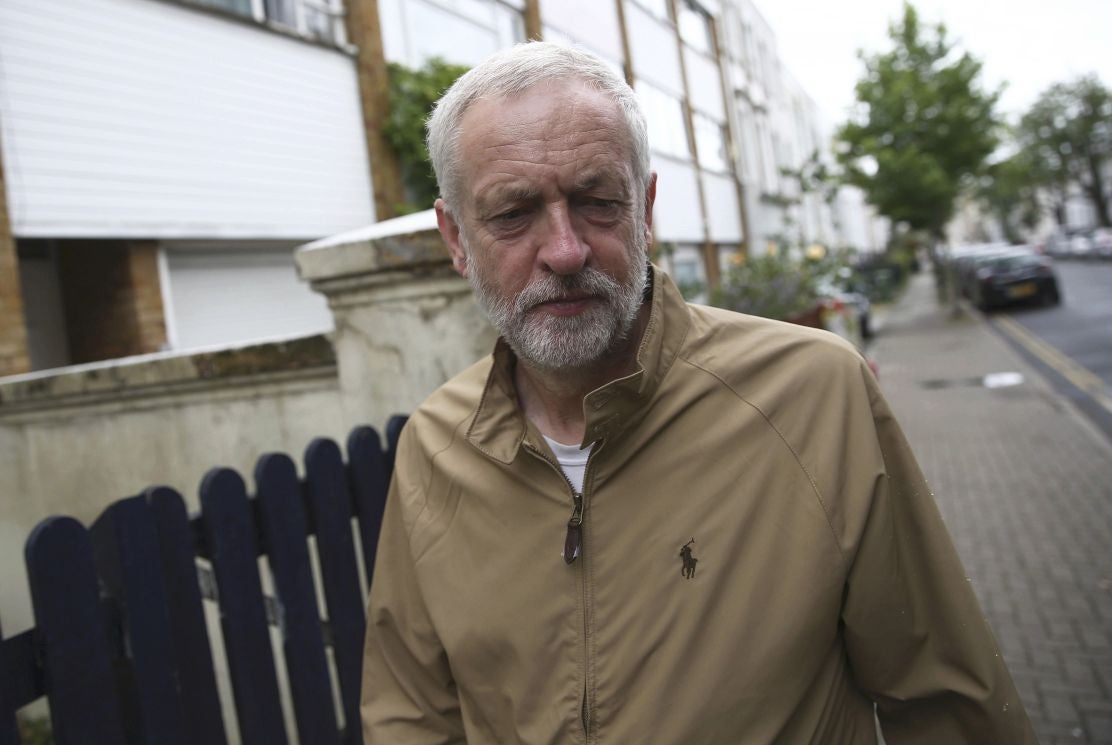Jeremy Corbyn awaits High Court ruling on whether he needs MPs’ nominations to stand in Labour leadership election
'The NEC is entitled to great respect and the court should not interfere with it'

Jeremy Corbyn is due to learn if he could be excluded from the Labour Party leadership contest, as the High Court rules on whether he must seek nominations from MPs to appear on the ballot.
The High Court case, brought by Michael Foster, a major Labour Party donor, claims that the party’s governing body – the National Executive Committee – “misapplied” the contest rules by allowing Mr Corbyn's automatic inclusion on the ballot paper without having to seek nominations.
Mr Foster is challenging the ruling that Mr Corbyn, as the incumbent, had the automatic right to be on the ballot paper in a leadership election, whereas any challenger would have to collect nominations from at least 50 Labour MPs or MEPs. Many believe that if Mr Corbyn had to go down this route he would fail to secure the nominations needed – just 40 MPs backed him while 172 voted against him in a no confidence motion last month.
Mr Justice Foskett is set to rule this afternoon on the case and may also set out grounds on which the losing party might appeal.
The case was originally brought against Labour’s general secretary, Iain McNicol, but Mr Corbyn won the right to fight it, because of the impact it could potentially have on him – though he is not expected to put in a personal appearance in court.
It is not certain what would happen if the court rules against him, because nominations have closed and, on the face of it, the former shadow Work and Pensions Secretary Owen Smith would be the only candidate left in the field. The party could also return to the nomination stage and go through it again, enabling Mr Corbyn to seek nominations.
Mark Henderson, counsel for Mr McNicol, however, said the rules were not ambiguous or open to serious doubt and argued the NEC’s decision was “plainly right”. “In any case, the conclusion reached by the NEC is entitled to great respect and the court should not interfere with it,” he added.
The party’s constitution says that where is no vacancy for leader, “nominations may be sought by potential challengers.” They require 20 per cent of the party’s MPs to be valid.
Mr McNicol announced a leadership election on July 11 but frontrunner Angela Eagle withdrew from the race, leaving Owen Smith to take on Mr Corbyn, who became leader in September last year.
Join our commenting forum
Join thought-provoking conversations, follow other Independent readers and see their replies
Comments